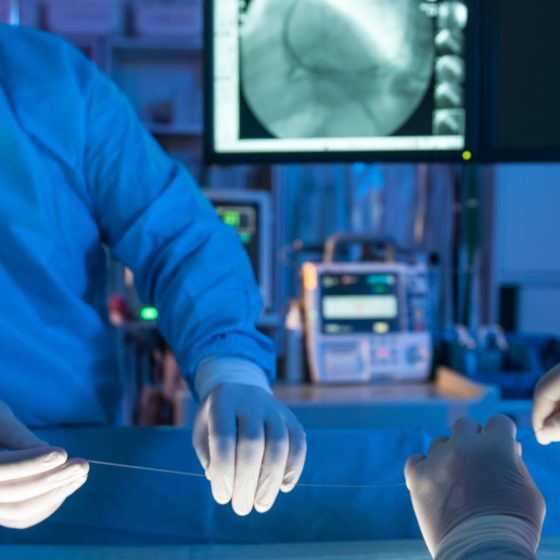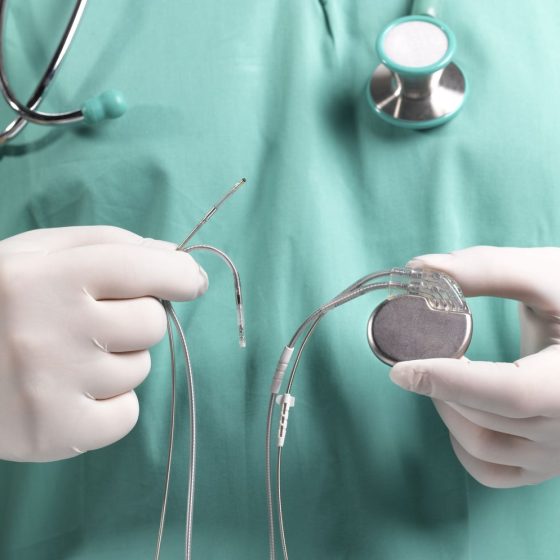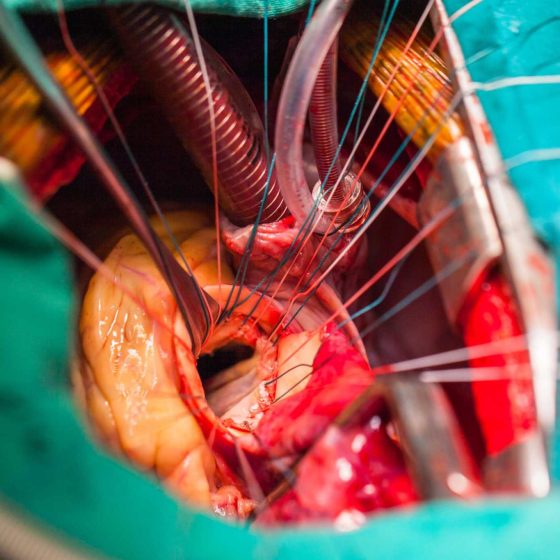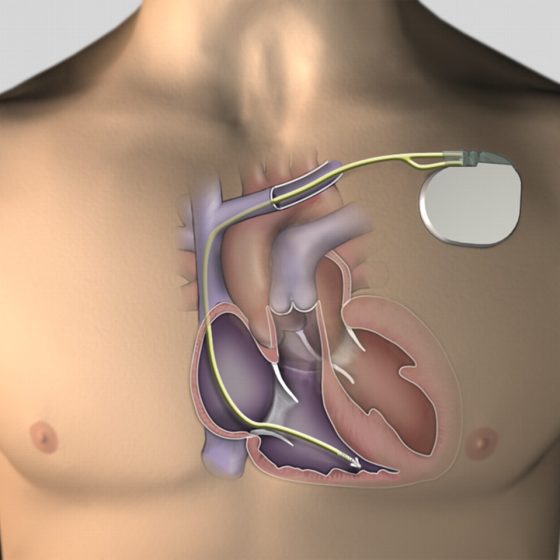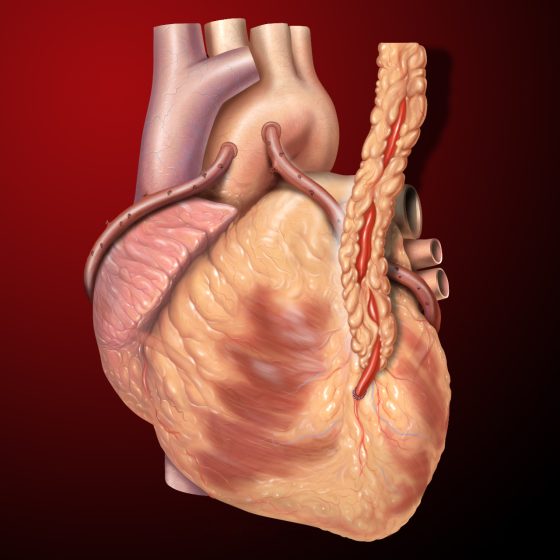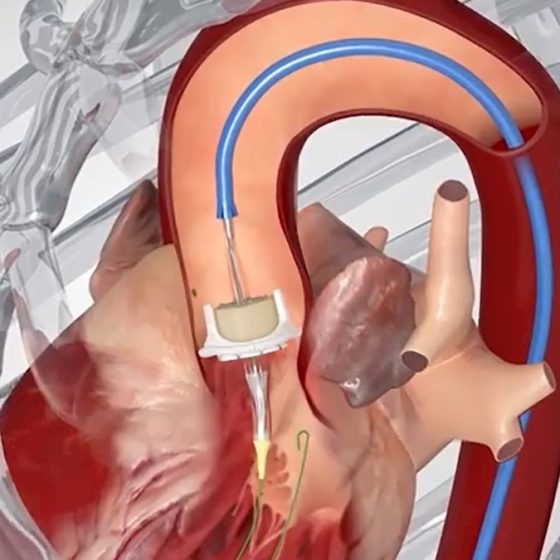Percutaneous coronary intervention
What is a percutaneous coronary intervention? A percutaneous coronary intervention (PCI) is used to treat the symptoms of coronary artery disease, which is narrowing of the coronary arteries (blood vessels that supply your heart muscle with oxygen). A PCI is a procedure to widen or unblock an artery using a small inflatable balloon. A stent (metal mesh tube) is usually used to hold the artery open. What are the benefits of a PCI? Having a PCI should improve the flow of blood without you having to have open heart surgery. You should get less pain. A PCI may also improve your

